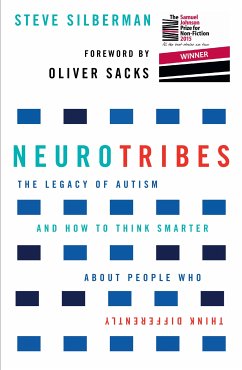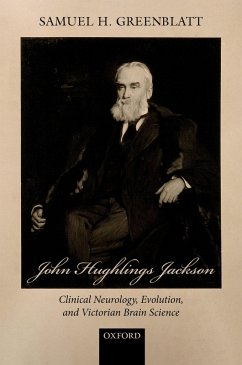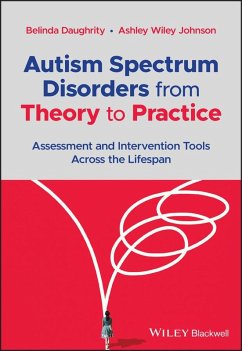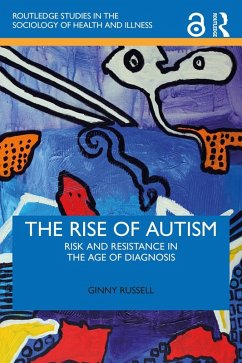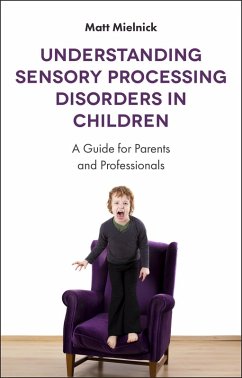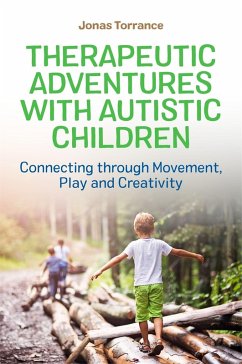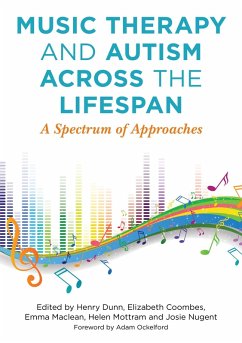
Chasing the Intact Mind (eBook, ePUB)
How the Severely Autistic and Intellectually Disabled Were Excluded from the Debates That Affect Them Most
Versandkostenfrei!
Sofort per Download lieferbar
18,95 €
inkl. MwSt.
Weitere Ausgaben:

PAYBACK Punkte
9 °P sammeln!
A comprehensive introduction to the concept of the "intact mind" and how it affects disability policy and practice. The concept of the intact mind, first described in a 2006 memoir, refers to the idea that inside every autistic child is an intelligent, typical child waiting to be liberated by the right diet, the right treatment intervention, the right combination of supports and accommodations. The sentiment itself is not new. Emerging largely out of psychoanalytic theory dating back to the end of the 19th century, the intact mind was later amplified in memoirs, where parents wrote of their ti...
A comprehensive introduction to the concept of the "intact mind" and how it affects disability policy and practice. The concept of the intact mind, first described in a 2006 memoir, refers to the idea that inside every autistic child is an intelligent, typical child waiting to be liberated by the right diet, the right treatment intervention, the right combination of supports and accommodations. The sentiment itself is not new. Emerging largely out of psychoanalytic theory dating back to the end of the 19th century, the intact mind was later amplified in memoirs, where parents wrote of their tireless efforts to free their children from the grip of autism. Though the idea gives hope to parents devastated by a child's diagnosis, Amy Lutz argues that it has also contributed to widespread dismantling of services badly needed by severely disabled children and their families. In Chasing the Intact Mind, Lutz traces the history of the intact mind concept, explaining how it influences current policy and practice affecting those with autism. Lutz provides a historical analysis of the intact mind narrative and describes how the concept--originally unique to autism--has come to inform current debates at the heart of intellectual and developmental disability practice and policy in the United States, including battles over sheltered workshops, legal guardianship, and facilitated communication. Lutz argues that focusing on the intact mind and marginalizing those with severe disability reproduces historic patterns of discrimination that yoked human worth to intelligence, and that it is only by making space for the impaired mind that we will be able to resolve these ongoing clashes--as well as even larger questions of personhood, dependency, and care.
Dieser Download kann aus rechtlichen Gründen nur mit Rechnungsadresse in A, B, BG, CY, CZ, D, DK, EW, E, FIN, F, GR, HR, H, IRL, I, LT, L, LR, M, NL, PL, P, R, S, SLO, SK ausgeliefert werden.





